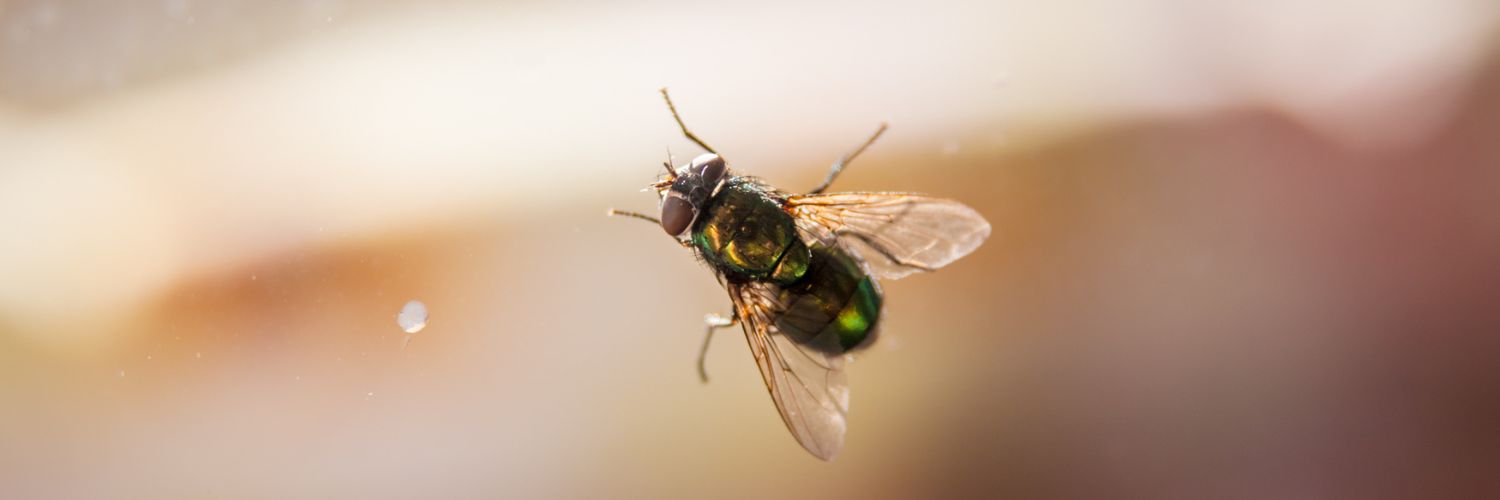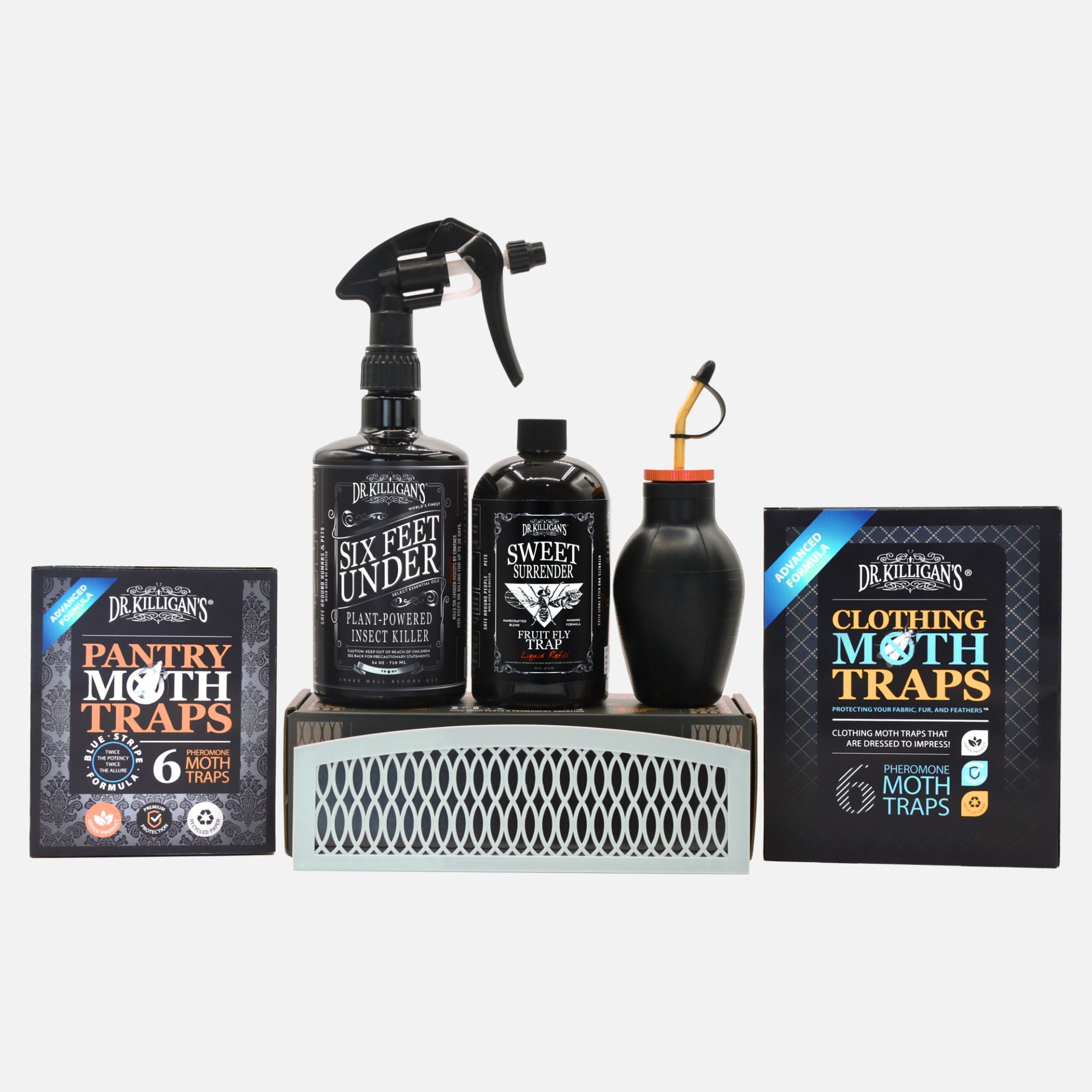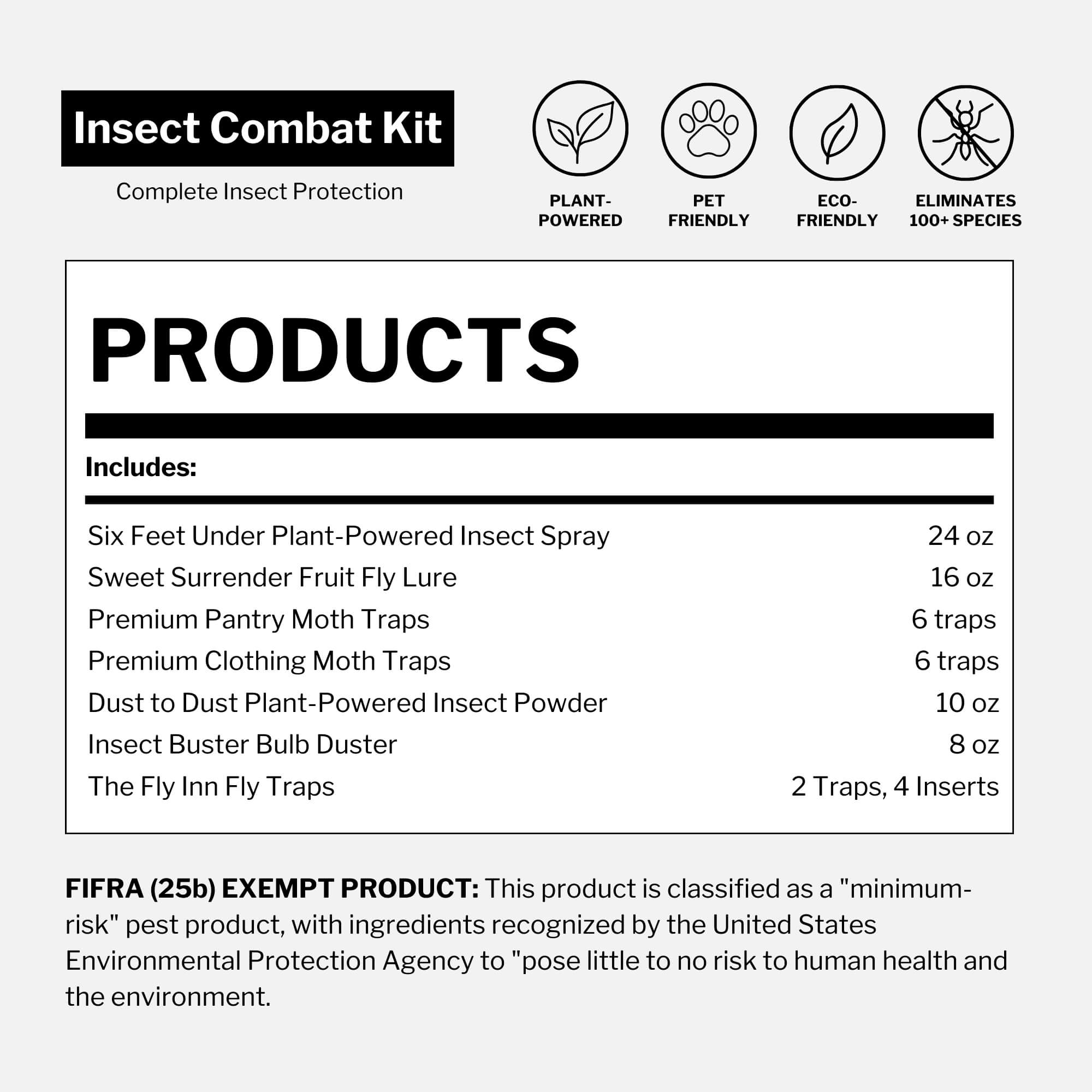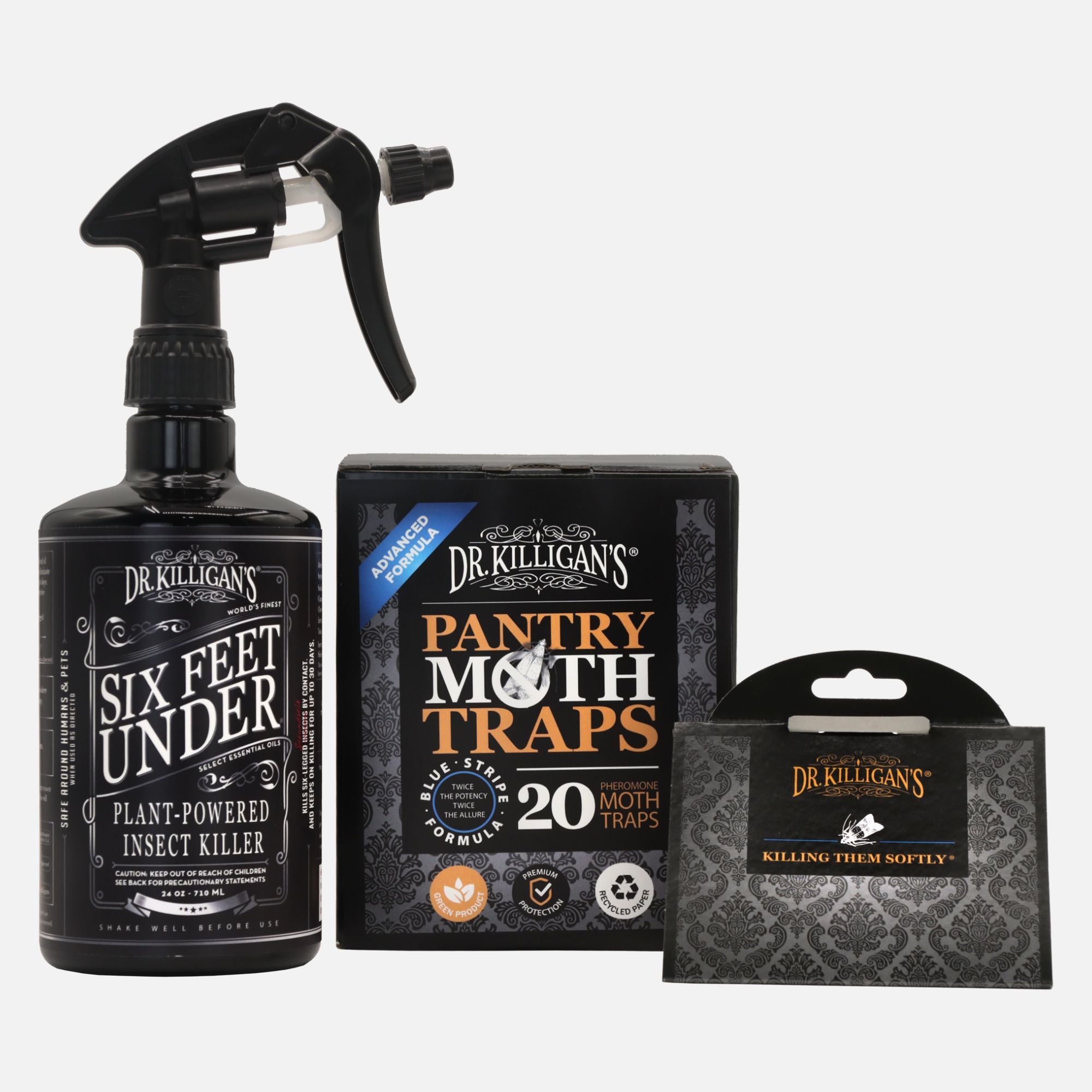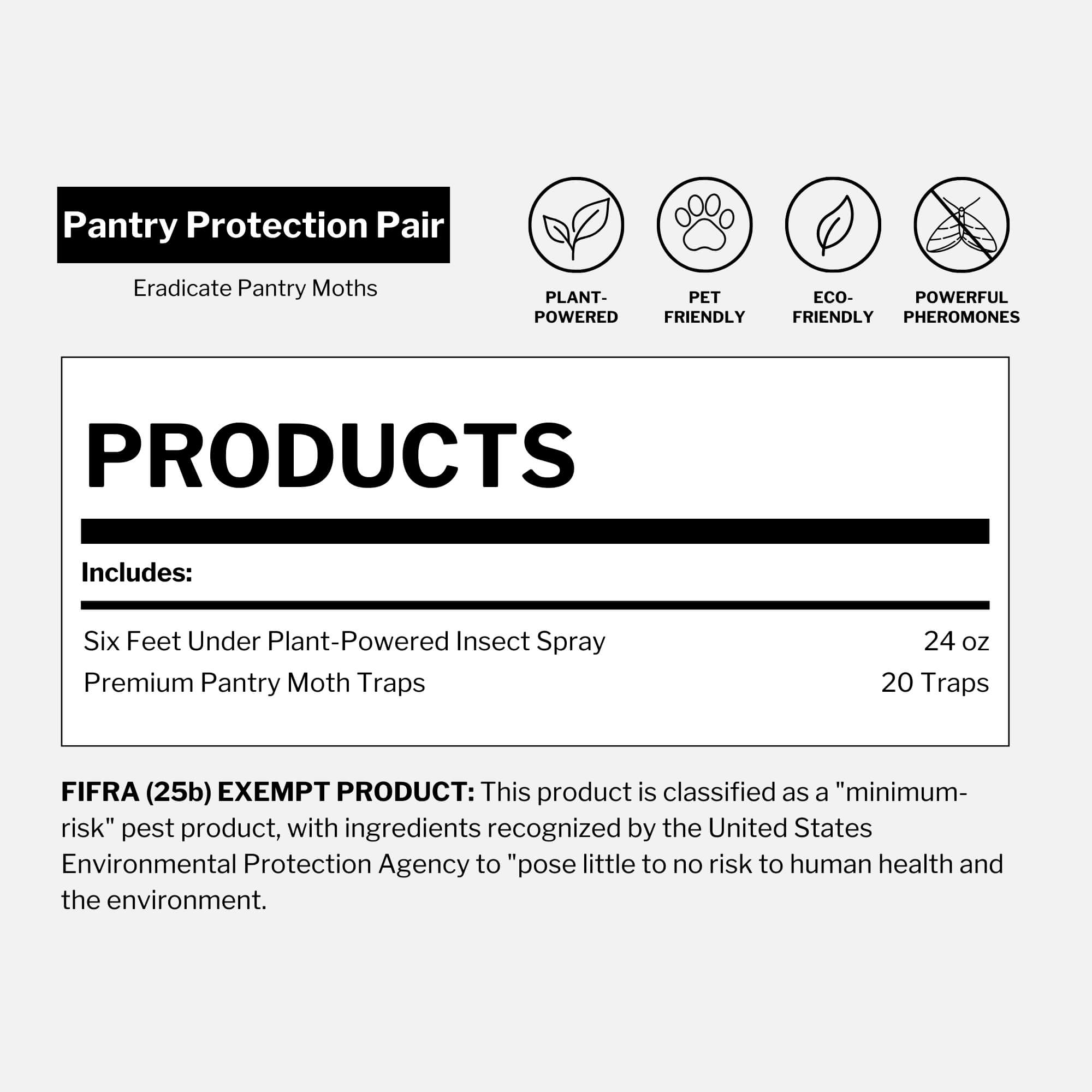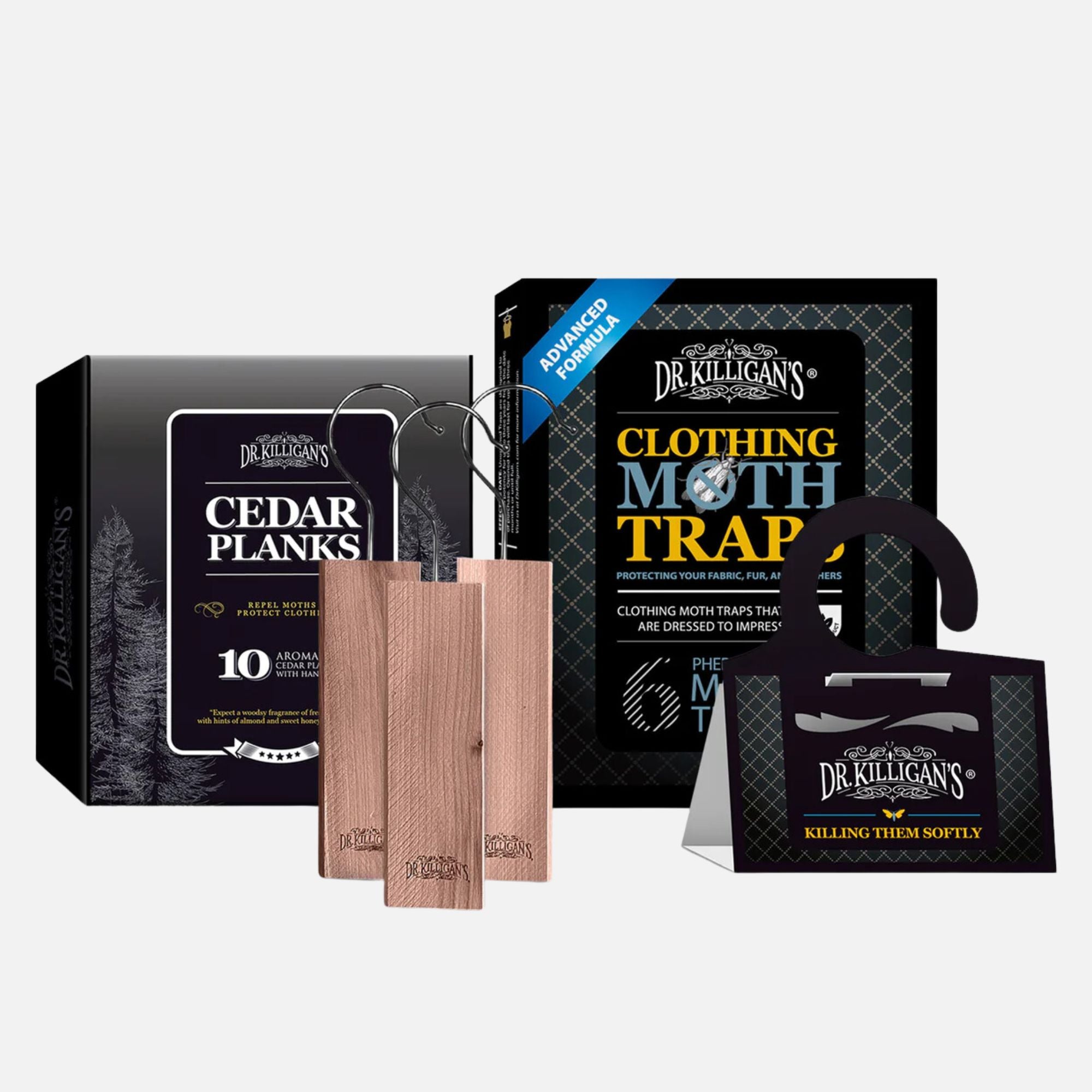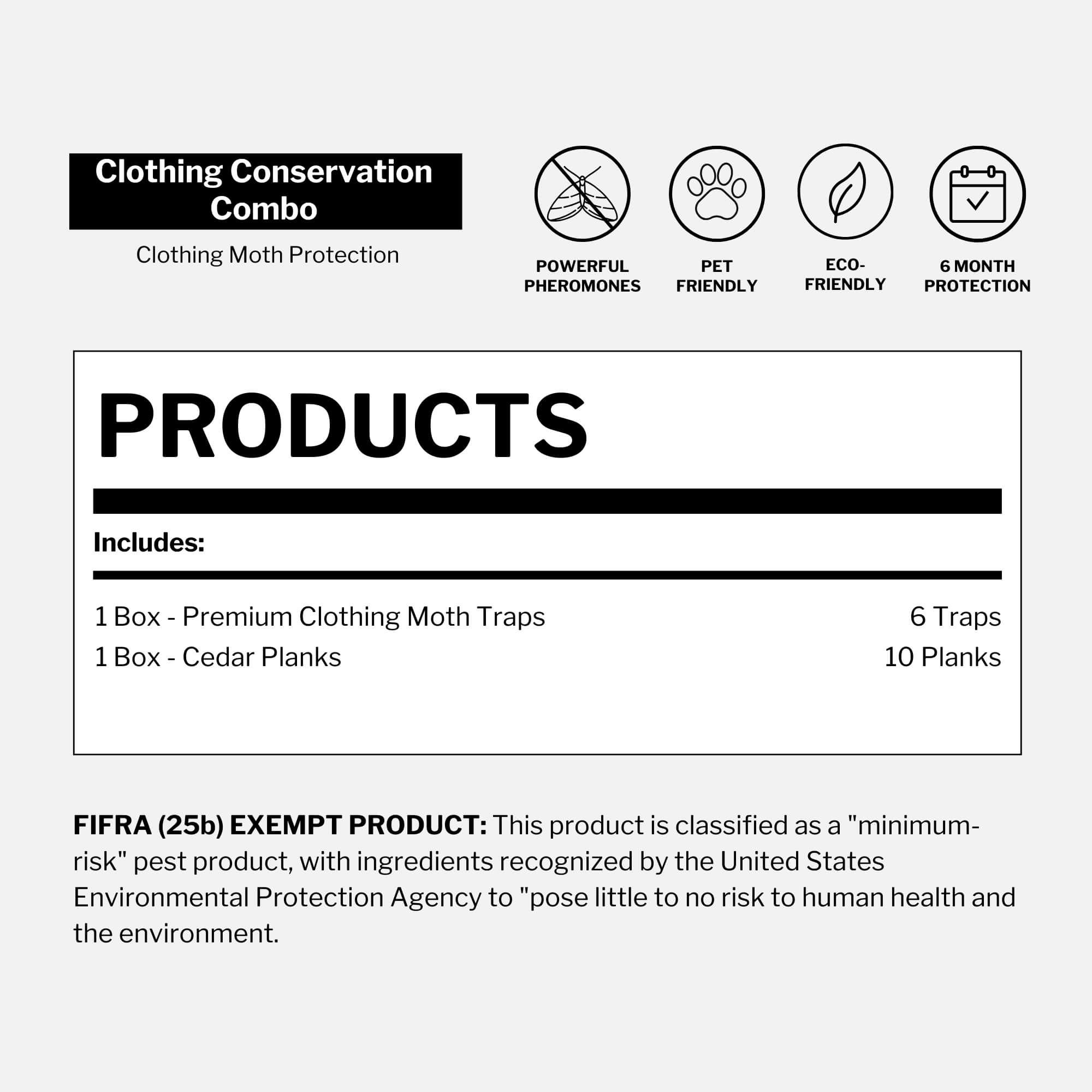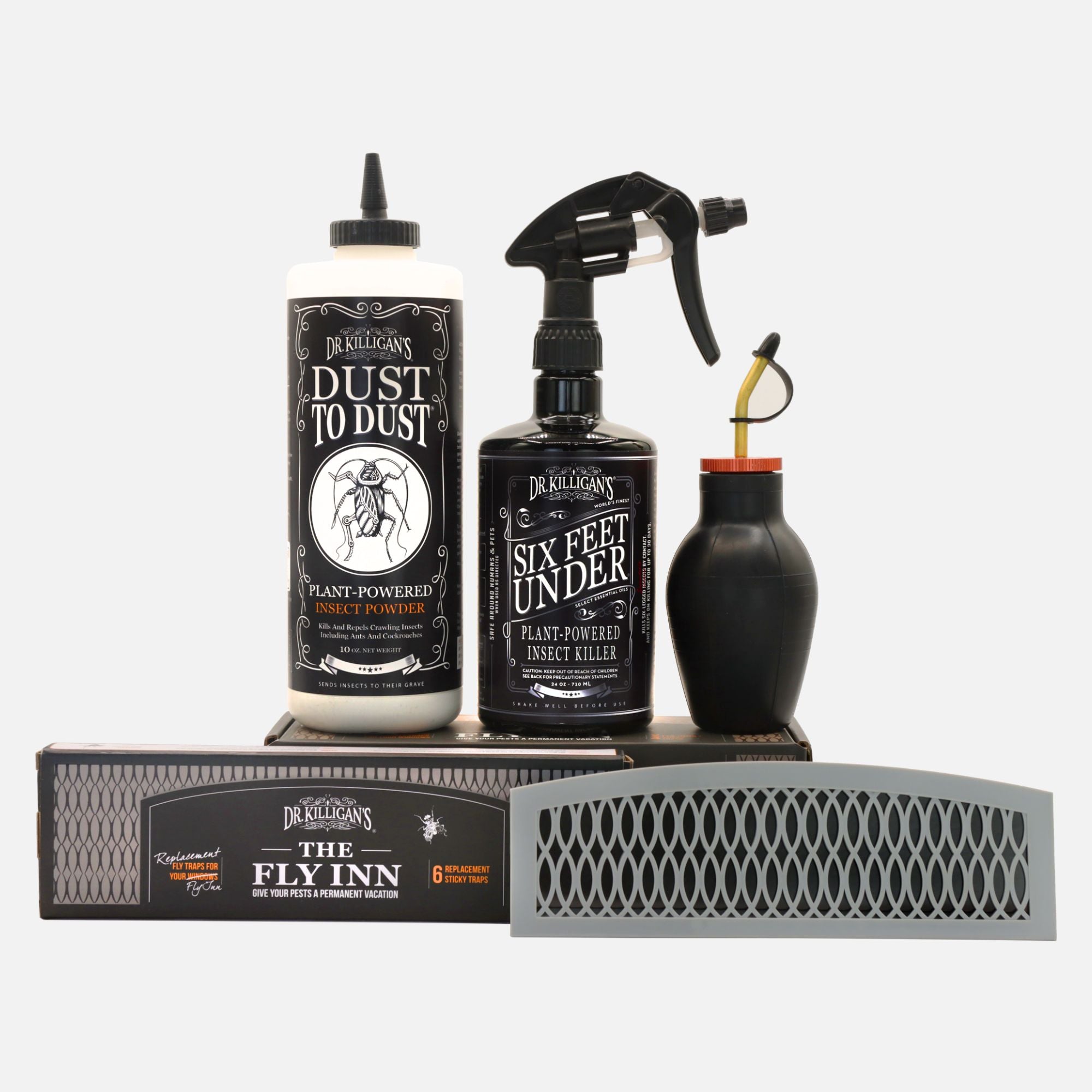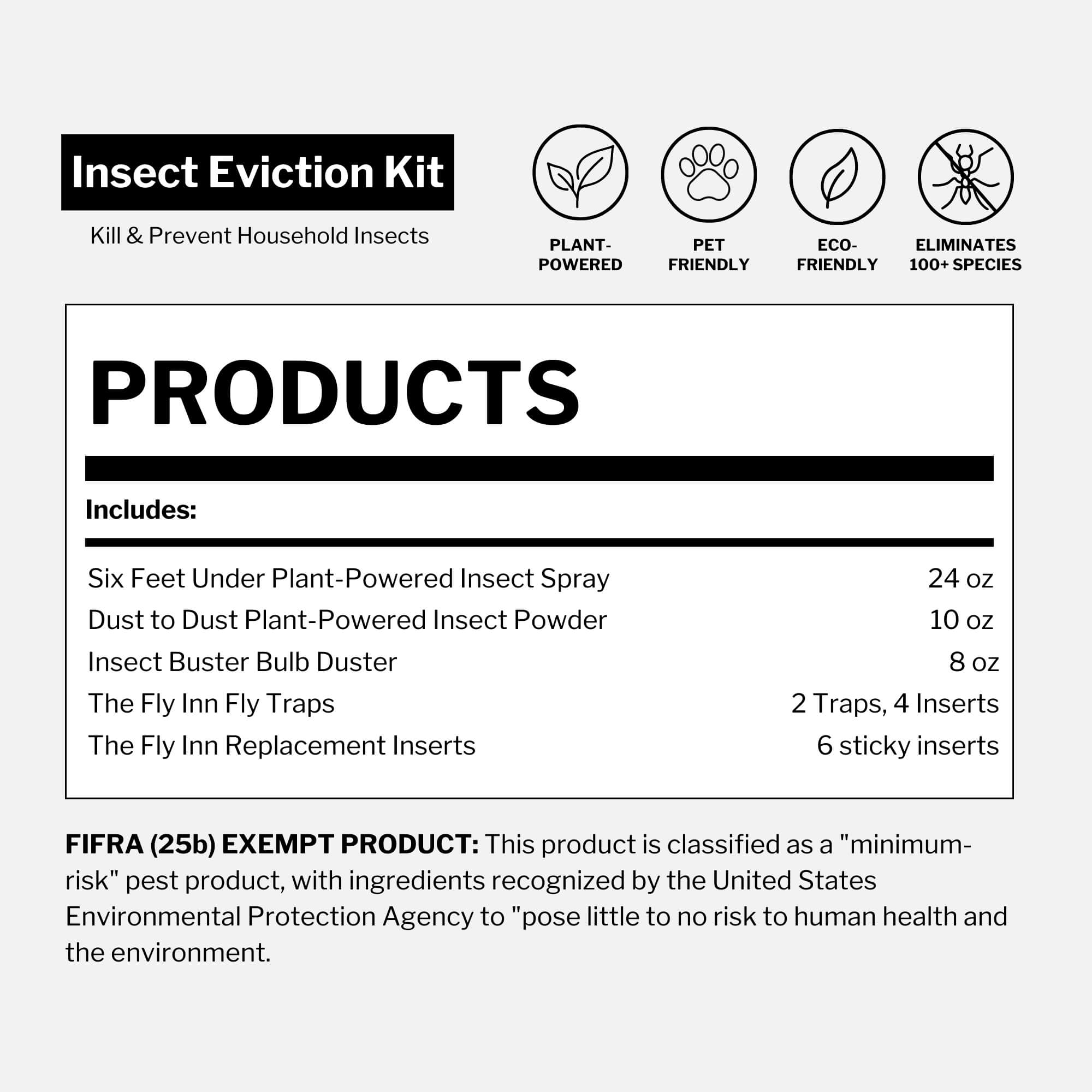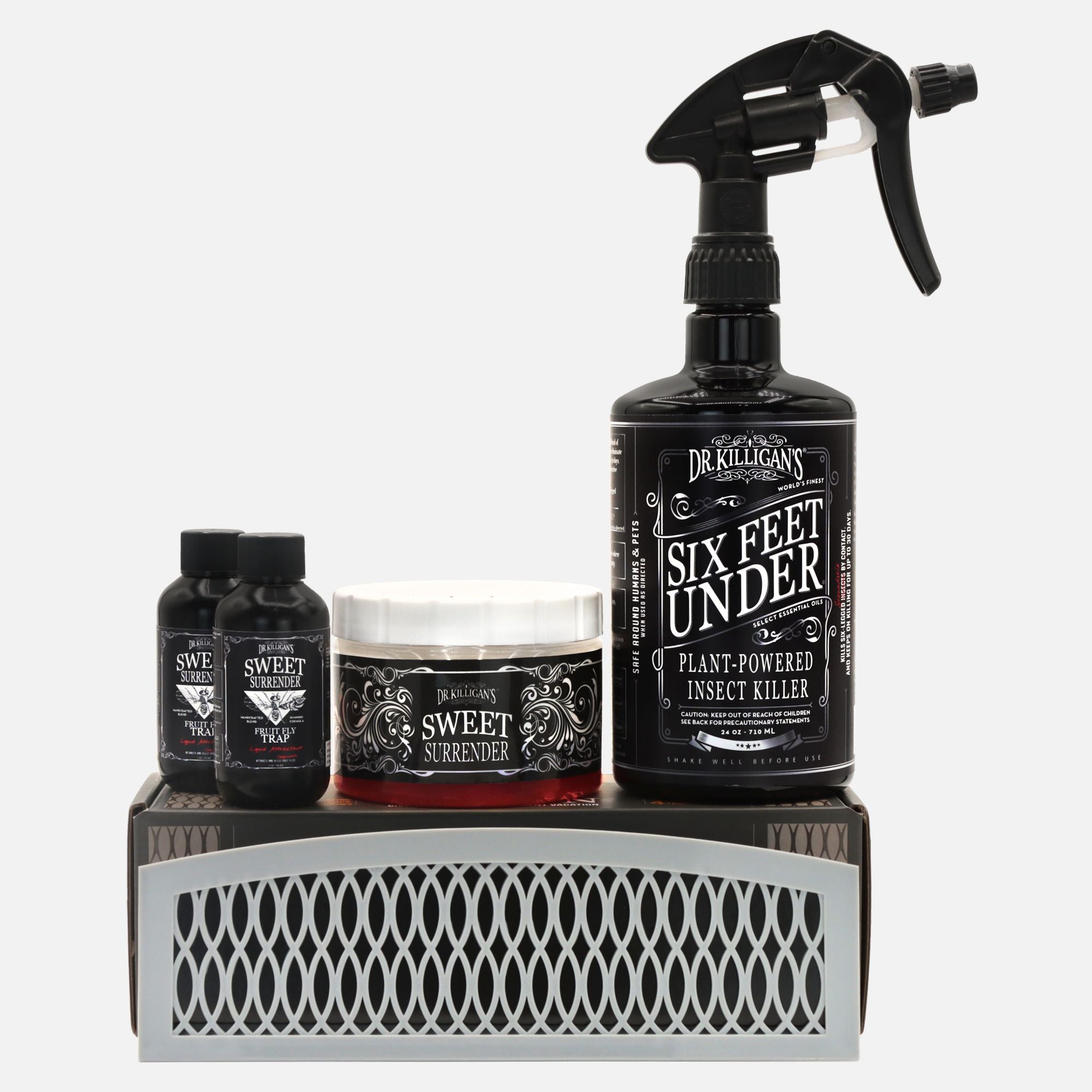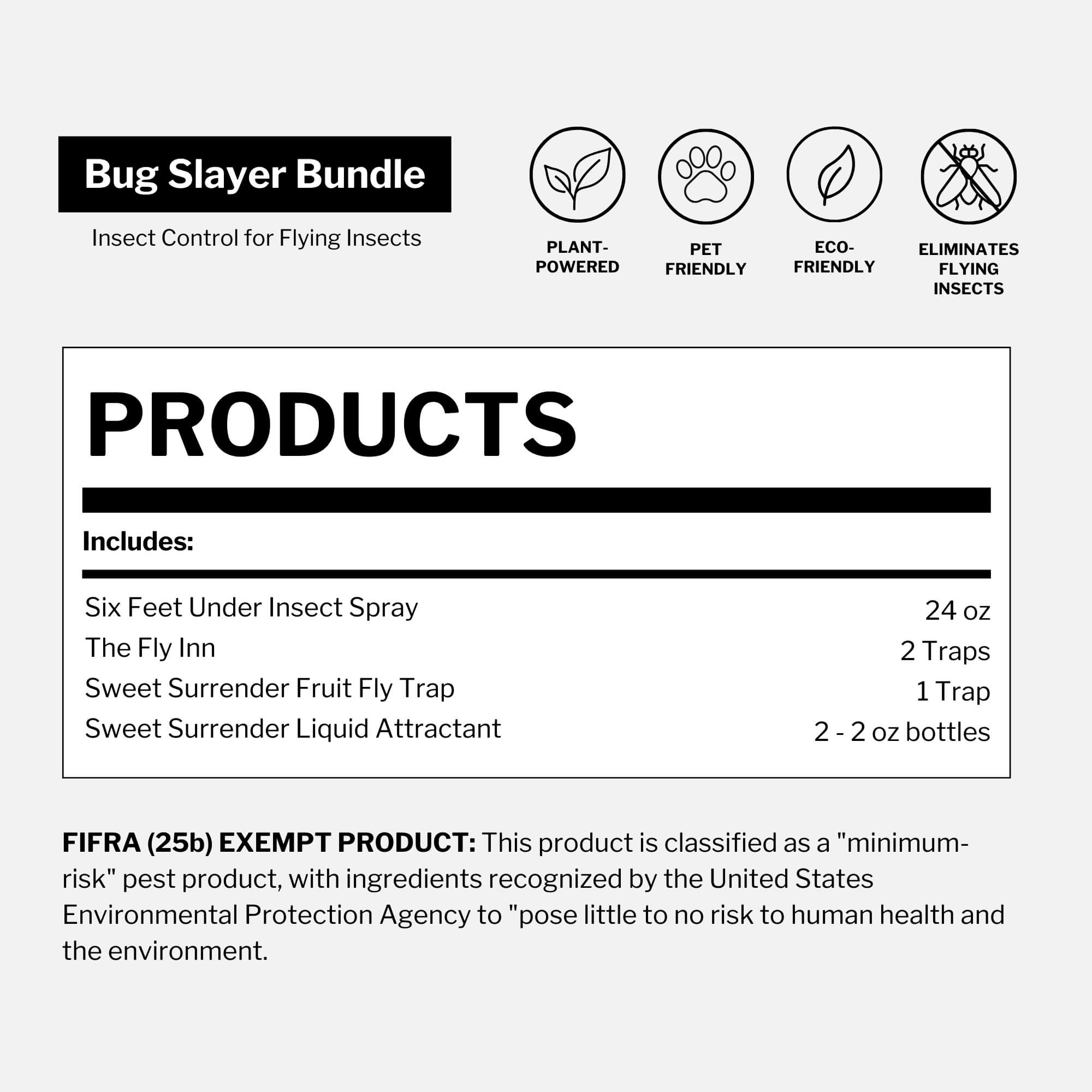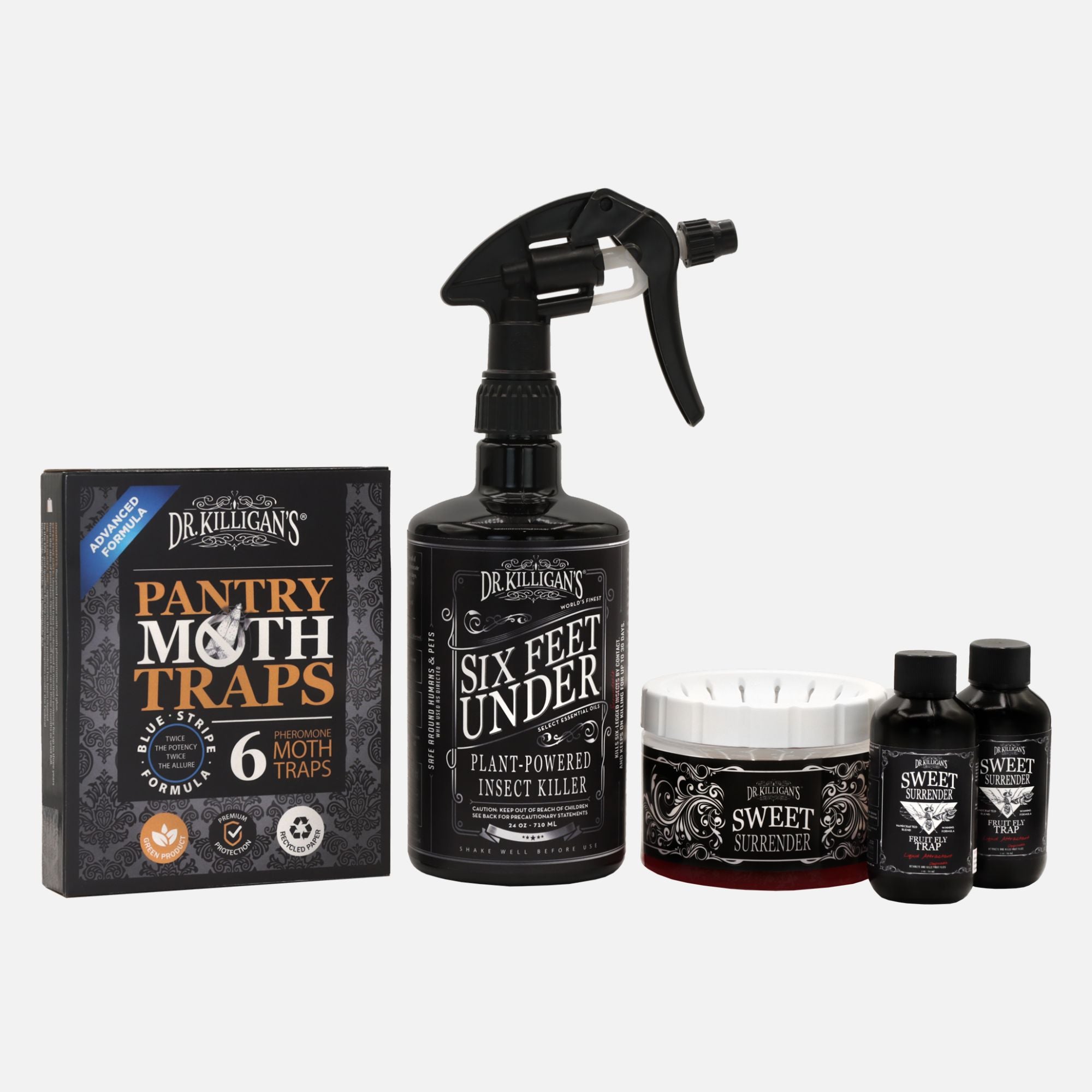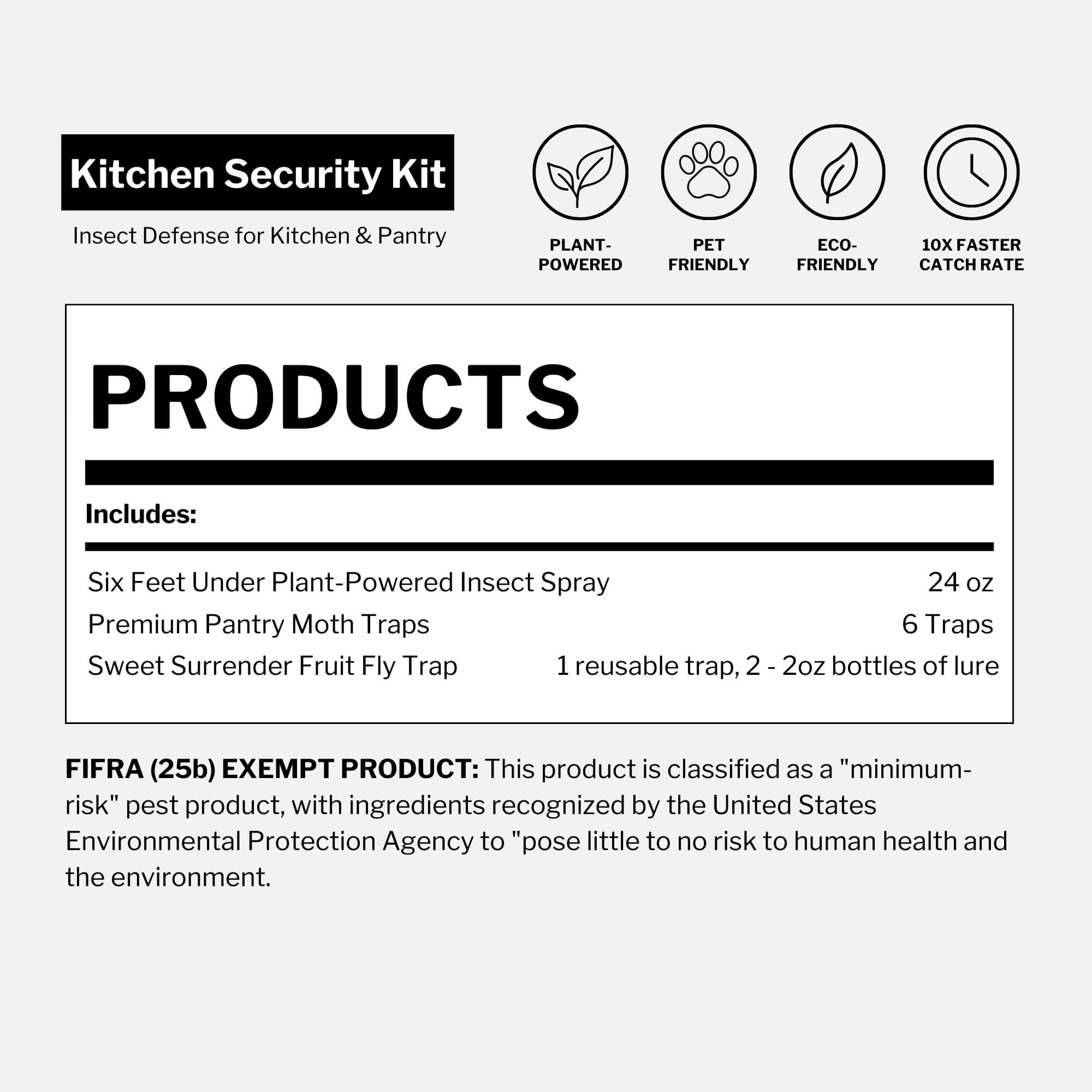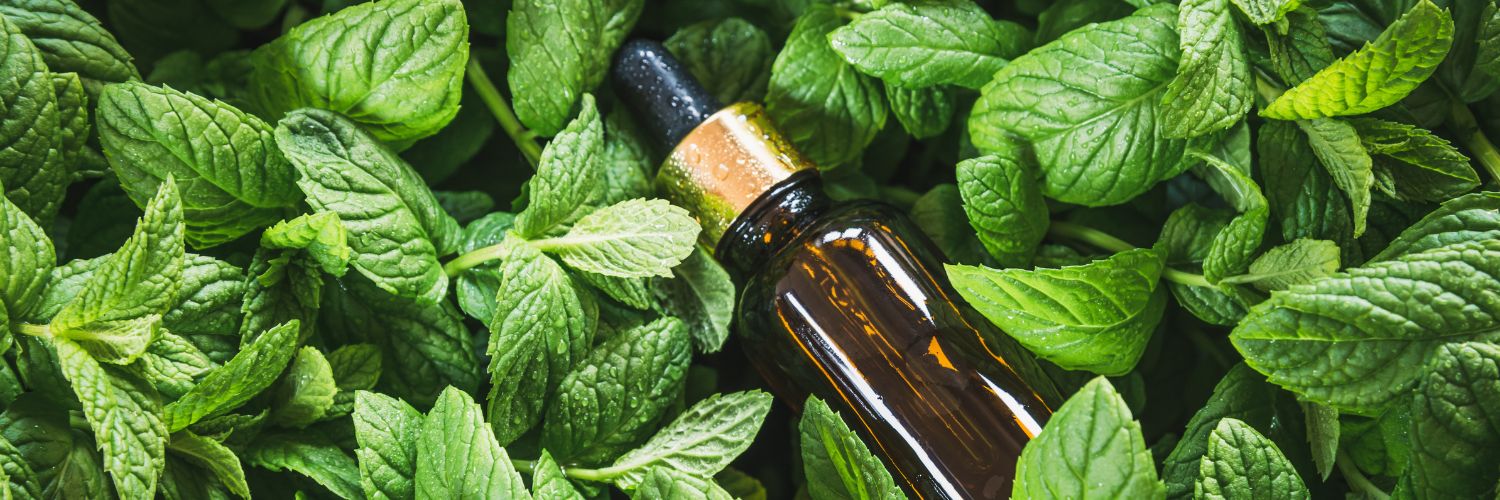Updated on September 19, 2024
We all know that house flies are a nuisance. We also understand that, to some degree, they’re inevitable.
These short-lived, two-winged, weather-sensitive, wound-healing insects, of the order Diptera, have an extraordinary ability to detect odors from great distances. In fact, house flies can detect odors from up to four miles away. So, whether it’s a quick flip of a juicy, sizzling patty on your backyard barbecue in the summer or a warm apple pie cooling on the windowsill in the chill of autumn, you might soon find a few uninvited guests buzzing around—regardless of the season.
Interestingly, house flies can be a year-round problem. During the winter, house flies and cluster flies find warm areas within homes, garages and basements to lay their eggs. The egg-laying females die naturally after birth, but the eggs continue to hatch throughout the winter. Cluster flies are particularly notorious during this season, as they can quickly reproduce indoors, creating “clusters” of pests that are more than just a mere annoyance.
Thus, I offer four year-round tips. These effective fly deterrent methods are essential for getting rid of flies in your home or business.
1. Basil: A fly repelling plant

Basil isn’t just a staple in your pesto; it's also a formidable foe against flies. The pungent aroma of basil leaves is highly distasteful to flies and can effectively repel them year-round. For warmer months, plant basil in your garden or place pots on your porch and around your outdoor dining area to create a natural fly barrier. During colder months, keep potted basil on kitchen windowsills or near entryways to deter flies from entering your home.
In addition to basil, other plants like rosemary and mint are also known to have natural insect-repelling properties. These herbs can be grown indoors during winter and will keep your living spaces fragrant and provide fresh flavors for your culinary creations.
2. Cinnamon
Cinnamon, a spice beloved for its warm, inviting aroma, also doubles as an effective natural fly repellent. Extracted from the bushy evergreen of the laurel family, cinnamon's essential oils are rich in compounds like cinnamaldehyde and eugenol. These compounds intoxicate our senses and also disrupt a fly’s sensory perceptions—particularly their taste receptors found on their feet.

Cinnamon essential oil and its terpenoid compounds have been shown to be toxic and repel certain insects. Research published by Scielo revealed that a 10% concentration of Ceylon cinnamon oil—from the plant Cinnamomum zeylanicum—can kill all Musca domestica flies it contacts. It also effectively repels horn flies—Haematobia irritans—which commonly infest cows.
Make your own cinnamon oil fly repellent by mixing 30-40 milliliters of pure water with 10 drops of cinnamon essential oil. (This also works great against mosquitoes.) Spritz it around entry points and areas where flies are frequent during both warmer months and cooler months.
3. Vetiver essential oil
Vetiver has great potential for fly management, specifically against larval and adult flies. In a study published by the National Library of Medicine, vetiver proved to be strongly repellent (84%, respectively) for larvae. A further study—published by the Journal of Vector Ecology—demonstrated vetiver's strong repellent activity (78%) against house flies and exhibited 100% contact toxicity to larval and adult house flies.

Historically, vetiver has been valued beyond its insect repellent properties. In traditional Indian and African homes, vetiver grass was utilized for its cooling and insect-repelling qualities by being woven into window coverings, mats and other household items.
Vetiver, a robust grass that can grow over five feet tall, is harvested for the oil in its long root clusters. This oil can be used to create a powerful, natural fly repellent suitable for use year-round.
DIY vetiver oil spray recipe ingredients:
- 4 oz. spray bottle
- Vetiver essential oil
- A carrier of your choice (vodka, water or witch hazel)
- Polysorbate 20 (emulsifier)
DIY vetiver oil spray recipe instructions:
- Fill the 4 oz. spray bottle almost to the top with your chosen carrier
- Add 72 drops of vetiver essential oil for a 2% dilution
- Add 1 teaspoon of polysorbate 20
4. The Fly Inn
The Fly Inn is an innovative trap that exploits flies' natural attraction to light—known as positive phototaxis—to effectively capture them. By capitalizing on this instinct, The Fly Inn is strategically designed to capture flies as they head towards the sunlight streaming through your windows.
This trap is strategically placed on windows known to attract high fly traffic. Once flies enter, they are unable to escape, trapped without the need for harmful chemicals or pesticides. It’s a clean and discreet way to manage flies, providing a one-way ticket to their permanent vacation.
The Fly Inn incorporates specific shades of blue, a color to which flies are notably attracted according to entomological studies. This design choice leverages the findings that blue wavelengths significantly increase the trap's visibility to flies, thus improving its efficacy in capturing these insects.


